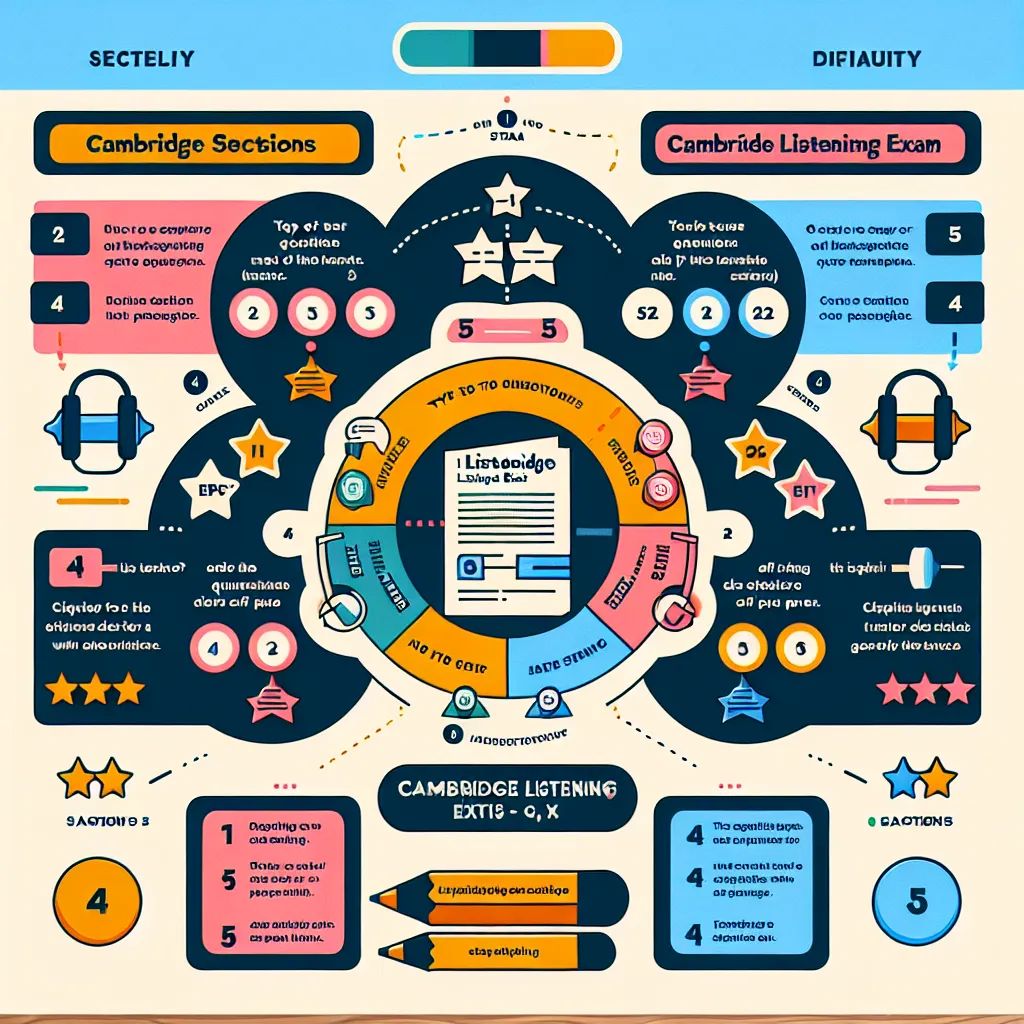Are you preparing for the Cambridge Writing Task 2 and looking to maximize your score? You’ve come to the right place! As an experienced Cambridge Exams instructor and content creator at LearnEnglish.NET, I’m here to share valuable insights on how to avoid losing marks in this crucial part of the exam. Let’s dive into the key strategies that will help you excel in your writing task.
Understanding Cambridge Writing Task 2
Before we delve into the tips, it’s essential to understand what Cambridge Writing Task 2 entails. This task typically requires you to write an essay on a given topic, usually around 250 words, within a 40-minute timeframe. The essay is assessed based on four criteria: Content, Communicative Achievement, Organization, and Language.
 Cambridge Writing Task 2 Exam
Cambridge Writing Task 2 Exam
Common Pitfalls to Avoid
1. Misinterpreting the Question
One of the most critical mistakes that can cost you marks is misunderstanding the essay prompt. Always take a few minutes to analyze the question carefully.
Tips to avoid this:
- Underline key words in the question
- Identify the topic and the specific task
- Consider all parts of the question if it’s multi-faceted
2. Poor Essay Structure
A well-structured essay is crucial for scoring high in the Organization criterion.
How to improve your structure:
- Start with a clear introduction that addresses the question
- Use paragraphs to separate ideas
- Ensure each paragraph has a topic sentence and supporting details
- Conclude by summarizing your main points and restating your position
3. Lack of Relevant Content
Your essay must be relevant to the question and contain well-developed ideas to score well in the Content criterion.
Strategies for relevant content:
- Brainstorm ideas before writing
- Use specific examples to support your arguments
- Ensure each point directly relates to the question
- Avoid going off-topic or including irrelevant information
4. Inadequate Language Use
The Language criterion assesses your vocabulary and grammar. Many students lose marks due to limited language range or errors.
Ways to enhance your language use:
- Use a variety of sentence structures
- Incorporate advanced vocabulary appropriately
- Proofread for grammar and spelling errors
- Practice using cohesive devices to link ideas
Effective Strategies for Success
1. Time Management
Poor time management can lead to incomplete essays or rushed conclusions.
Time management tips:
- Allocate 5 minutes for planning
- Spend about 30 minutes writing
- Reserve 5 minutes for reviewing and editing
2. Addressing All Parts of the Question
Ensure you’ve covered all aspects of the question to avoid losing marks in the Content criterion.
How to address all parts:
- Create a quick outline before writing
- Check your essay against the question periodically
- Use your conclusion to ensure you’ve covered everything
3. Demonstrating Critical Thinking
Examiners appreciate essays that show depth of thought and analysis.
Ways to showcase critical thinking:
- Consider multiple perspectives on the topic
- Evaluate the pros and cons of arguments
- Use “if…then” statements to explore consequences
 Critical Thinking in Essays
Critical Thinking in Essays
4. Using Appropriate Register
The Communicative Achievement criterion assesses how well you use the appropriate style and tone for the task.
Tips for appropriate register:
- Use formal language for academic essays
- Avoid colloquialisms and contractions
- Use objective language rather than emotional appeals
5. Practicing Regularly
Regular practice is key to improving your writing skills and avoiding common mistakes.
Practice strategies:
- Write timed essays under exam conditions
- Get feedback from teachers or peers
- Analyze model answers to understand what examiners are looking for
Important Considerations
- Read extensively to improve your vocabulary and general knowledge
- Familiarize yourself with the marking criteria
- Learn from your mistakes in practice essays
- Stay calm during the exam – anxiety can lead to avoidable errors
Next Steps
Now that you’re armed with these strategies, it’s time to put them into practice. Here’s what you can do:
- Set a study schedule that includes regular writing practice
- Create a list of common essay topics and brainstorm ideas for each
- Build a bank of useful vocabulary and phrases for different essay types
- Take mock tests to simulate exam conditions
- Join a study group or find a writing partner for peer review
Remember, avoiding losing marks is just as important as gaining them. By following these tips and practicing consistently, you’ll be well on your way to achieving an excellent score in Cambridge Writing Task 2.
Are you ready to take your Cambridge Writing Task 2 skills to the next level? Start implementing these strategies today, and watch your confidence and performance soar. Good luck with your preparation!




